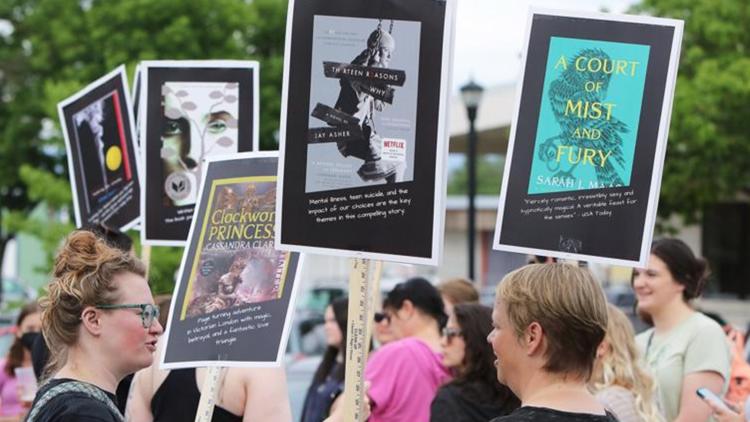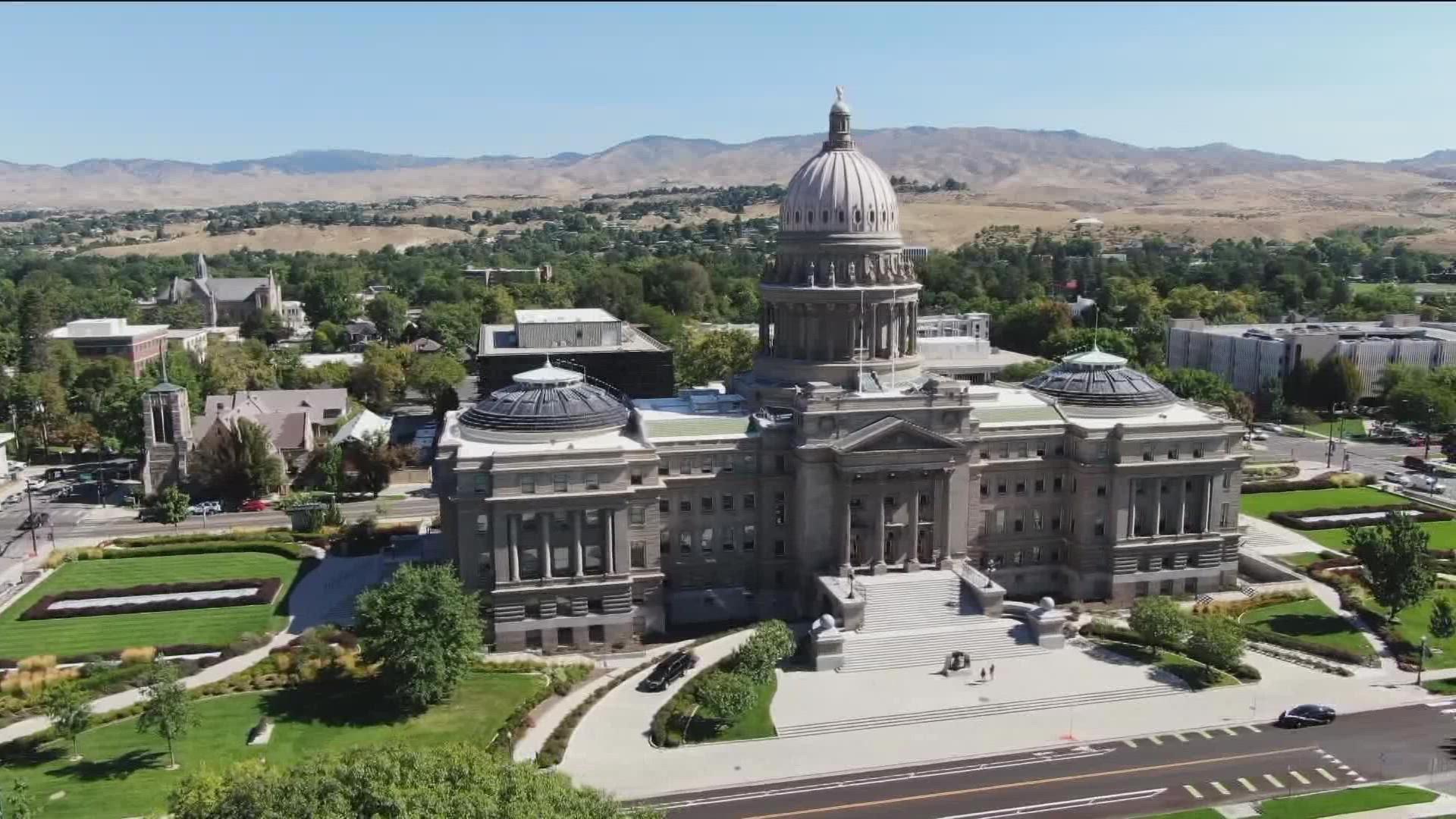NAMPA, Idaho — This article originally appeared in the Idaho Press.
Citing potential First Amendment violations, the American Civil Liberties Union of Idaho has filed a public records request with the Nampa School District for communications related to the board’s decision to remove 22 books from the district’s libraries and classrooms.
“We certainly believe that these books should be returned to the shelves, and that I think is the goal of many members of the community, too, and that there be a fair and regular process for then reviewing those books,” said Aadika Singh, legal director for the ACLU of Idaho, during a phone interview.
The Nampa School District Board voted to remove 22 books permanently from district libraries and schools on May 9, even though committees of parents, teachers and staff were in the process of reviewing the books, as previously reported. In subsequent meetings, trustees have expressed interest in creating and following a formal review process for challenged books, potentially leading to some of those removed being returned to shelves.
The school district did not provide a comment for the story on Wednesday afternoon, and representatives of the school board did not immediately return a request for comment.
The records request, submitted Wednesday morning, seeks materials that explain the events leading up to the decision to remove the books and justifications for doing so, according to a press release from the organization.
“Early evidence suggests that the Trustees used an ad hoc process and ignored the advice of librarians and teachers and removed these books because they express ideas related to race, gender, and sexuality and contain views by authors and characters who are members of racial or sexual minority groups,” Singh said in the release. “If that’s true, the Trustees have abused their power and are likely violating the First Amendment of the United States Constitution.”
The ACLU of Idaho was notified of the board’s vote the evening that it happened, and wanted to investigate further, Singh said. Colleen Smith, a litigation associate with Stris and Maher, LLP, said she has watched each public meeting in which challenged books are discussed, including the January board meeting in which a parent raised the issue of challenging books, she said.
A few key points concern Singh and Smith about the decision to remove the books. Parents have a right to structure and control what their children consume at school, but they do not have the right to control what other children have access to, Singh said.
The trustees appear to have been swayed by one parent speaking out against the materials, she said.
“The school board trustees seem to have adopted that dislike, discomfort,” Singh said. “That’s what the First Amendment is concerned with and is worried about: local school boards cannot remove books from school libraries based on their dislike or discomfort based on the ideas that are expressed in those books.”
If trustees did remove books because they relied on a single parent’s views rather than a review process, that would have violated students’ First Amendment right to access information, Singh said.
There is a legal precedent for this. In a case that came before the U.S. Supreme Court, Island Trees School District v. Pico, a school district that had removed books from school libraries without following a formal process and without listening to the advice of “literary experts” was found to have violated student’s rights to receive information, according to the American Library Association.
Student First Amendment rights protect their access to information so that they may learn about different perspectives and eventually become an active member of a diverse society, Singh said.
Smith said it was “troubling” to see the Nampa School District Board’s decision seemingly driven by one parent’s voice, which prompted the ACLU’s interest in researching the incident.
It is also concerning that the books in question in the district were removed from school shelves during the district’s initial review process, Smith said.
“That’s problematic under the law, for example, because if there isn’t a good (review) process in place, any parent could challenge a book, have it removed from the library shelves, and who knows how long the process would be to decide that that book gets to go back on the shelves,” Smith said.
Singh also noted the optics of the board’s vote to remove the books given that four of the five trustees were just a few months into a four-year term. The board voted 3-2 to remove the books from libraries and classrooms, with all three votes in favor cast by trustees whose terms began in January 2022, or who were appointed later. The two dissenting votes were cast by Mandy Simpson, who has served on the board since January 2020, and Brook Taylor, whose term began in January 2022.
Singh said it is a problem if the trustees are “just doing what they want” without following process. She also said parents have shared an interest in the district tackling more pressing issues, such as mental health, gun violence, and disproportionate discipline against students of color, she said.
“(The book ban) is not addressing real problems and real concerns of parents,” Singh said. “This is, you know, a fabricated problem, and board members really need to be spending their time addressing these core challenges to education in the Nampa School District.”
Ultimately, the ACLU of Idaho could sue the district to get the books back on shelves, Singh said.
“If there’s another way to resolution short of litigation, through the board doing the right thing on their own, or through continued pressure from the community, we would welcome that,” Singh said.
This article originally appeared in the Idaho Press, read more on IdahoPress.com.
Watch more Local News:
See the latest news from around the Treasure Valley and the Gem State in our YouTube playlist:



